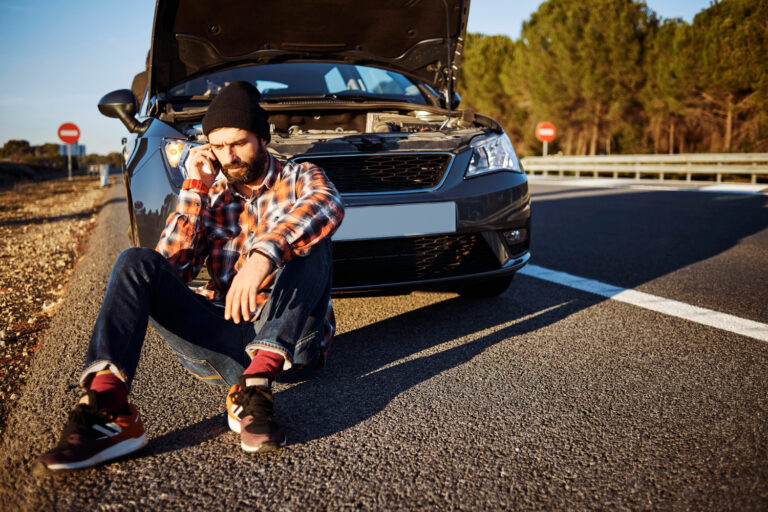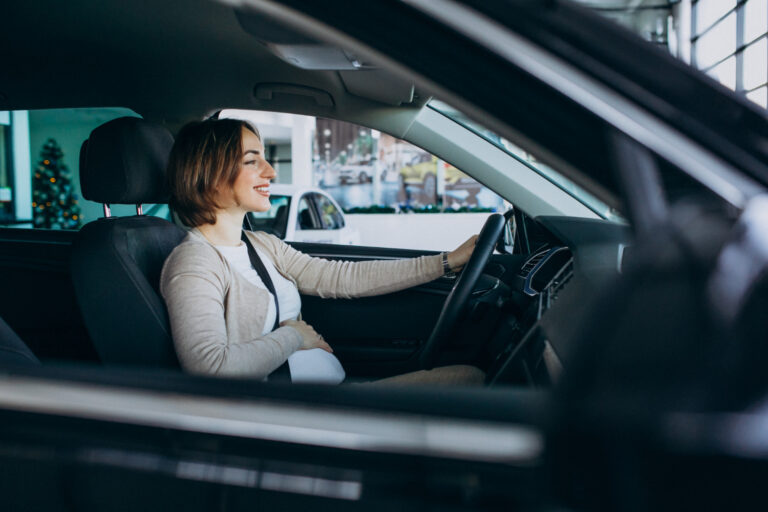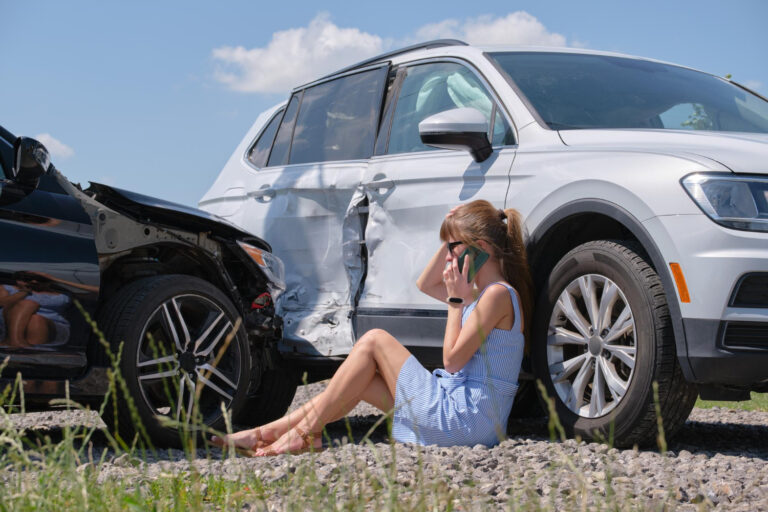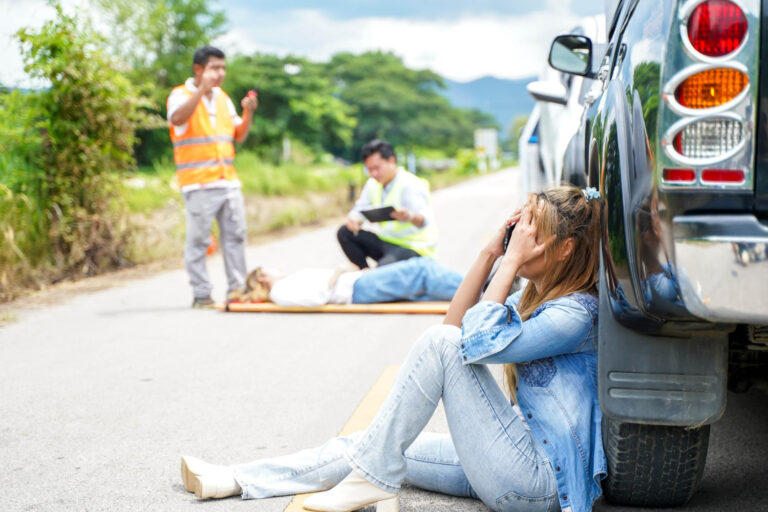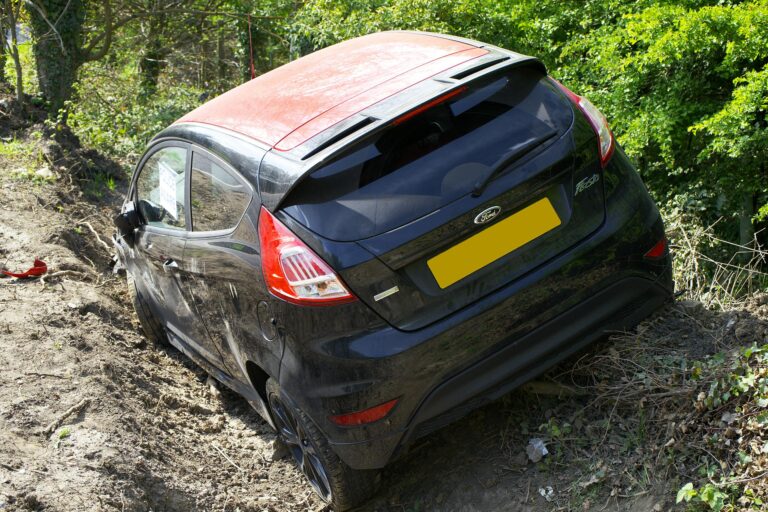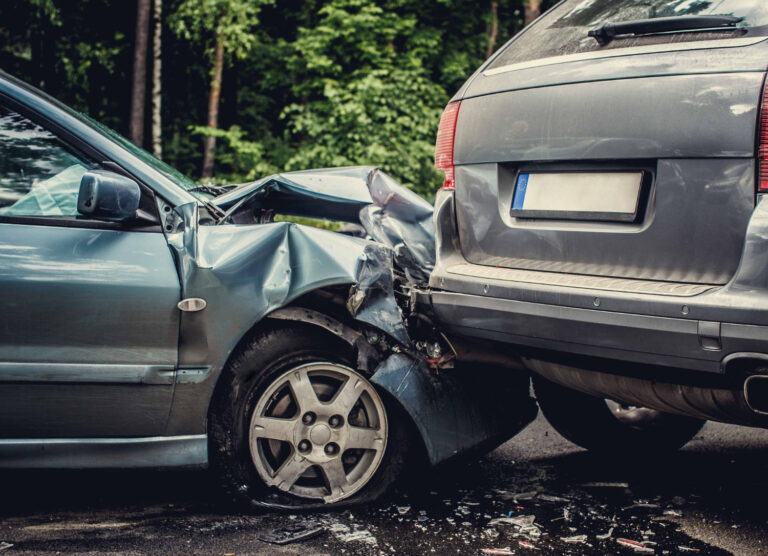Proving Non-Fault in Car Accident
When you’re involved in a car accident, proving you’re not at fault can feel overwhelming. At LawOfficeOfBrianKelly, we understand how critical this is for your peace of mind and legal standing. I’m here to guide you through the process, offering clear steps and expert advice to help you demonstrate your innocence. With years of experience, our team knows exactly what evidence and actions are needed to support your case.
As indicated in information from DMV.org, you should document the scene with photos, get witness statements, and obtain a police report. Collecting these pieces of evidence can help show you are not at fault. Always inform your insurance company promptly.
Gather Evidence at the Accident Scene
Documenting everything thoroughly at an accident scene can significantly influence the outcome of legal proceedings and insurance claims.
Predominantly take pictures of the vehicles involved, any damage, skid marks, debris, and road conditions. Get statements and contact information from any witnesses. Write down the weather and lighting conditions at the time of the accident. Measure the scene, including distances and angles.
Let me explain, keep any physical evidence, like broken parts or objects from the scene. Note the location and time of the accident. Stay objective and don’t make assumptions or conclusions. The evidence you collect will be important in figuring out the cause of the accident and who is responsible.
Get Witness Statements
Eyewitness testimonies often contain unique perspectives and critical details that can significantly influence the outcome of an investigation.
All in all, when you talk to potential witnesses, be respectful and ask them to share exactly what they saw or heard. Try to get their statements as soon as you can because people’s memories are clearer right after an event. Encourage them to be honest and give as many details as possible, and remind them that their statements could be used as evidence.
Write down each witness’s statement carefully, including their name, contact info, and a summary of what they said.
All in all, don’t ask questions that suggest a specific answer or pressure them to say certain things. Once you have all the statements, read through them to make sure everything is clear and consistent. If something doesn’t add up or is missing, go back to the witnesses and ask for more details.
Keep these statements in a safe place and share copies with people who might need them, like the police or lawyers. By doing this, you’ll gather good, reliable witness statements to help with your case or investigation.
Take Photos of the Accident
Capturing various angles of the accident scene helps document damage and gather crucial evidence for insurance claims.
In basic terms, be sure to take pictures of the entire scene, any damage, skid marks, road signs, and the weather. Don’t forget to get photos of the cars, especially their license plates. Including landmarks or street signs can also help show where the accident happened. Also, take pictures of any injuries and any people who saw the accident.
To put it simply, be careful not to get in the way of any police or emergency responders. After you have all the photos, back them up and share them with your insurance company and lawyer if needed. Having clear pictures can help decide who is at fault and make sure everyone gets fair compensation.
Obtain a Police Report
Police reports are public records, and you can typically obtain a copy by visiting the police station where the incident occurred and making a formal request.
To put it simply, you might need to give details about what happened, like when and where it occurred. There may also be a cost to get a copy of the report. Remember, not all police reports can be shared with the public, so you might have to show a good reason for asking for it.
At its simplest, after you submit your request, the police will handle it and give you the report. Read the report carefully to check if everything is correct. If you find any mistakes, you may need to contact the police to fix them.
Consult with an Accident Attorney
Consulting with an accident attorney can significantly increase your chances of receiving a fair settlement.
Essentially, a lawyer can help explain your rights and guide you through the legal process. They’ll help you figure out if you can get money for your injuries and damages. It’s important to get legal advice soon after an accident so you don’t miss any deadlines for making a claim.
If you think about it, a lawyer can also help collect evidence, talk to insurance companies for you, and represent you in court if needed. Talking to an accident lawyer can protect your rights and make sure you get the money you deserve.
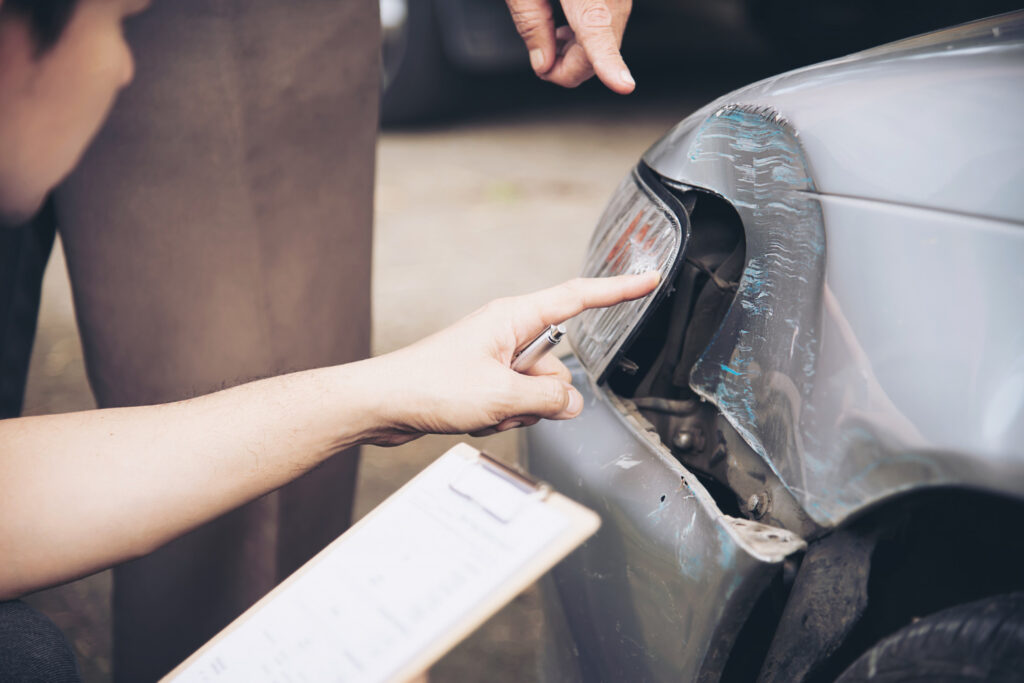
Bringing it All Together
There are several key steps you can take to prove you are not at fault in a car accident. These include gathering evidence at the scene, obtaining witness statements, and hiring a skilled attorney to represent you.
What LawOfficeOfBrianKelly is pushing for keeping is, by following these guidelines and presenting a strong case, you can increase your chances of successfully proving your innocence in the event of a car accident.


